The Islamic Council of Belgium requests final government recognition to govern Muslim affairs in the country.

- Europe and Arabs
- Wednesday , 21 May 2025 10:17 AM GMT
Brussels: Europe and the Arabs
The Islamic Council of Belgium (MRB) has approached Justice Minister Anneliese Verlinden with a request for final recognition. According to local media reports citing the Belgian Press Agency, over the past two years, Council President Esma Ocan has worked diligently to ensure the Council's representation within the Belgian Muslim community. The Council came after a government decision to disband the Islamic Executive, which had been ravaged by internal conflicts. It is worth noting that the Turkish Milli Görüş and Diyanet mosques did not participate in the renewal process.
In June 2023, former Justice Minister Vincent Van Quickenborne (Openwald) recognized the Islamic Council for a two-year term as the successor to the Islamic Executive, which had been criticized for several reasons, including foreign interference in the Council's work. The current Council, the Muslim Affairs Authority, has received provisional recognition as a representative body for Islamic worship. This recognition will expire in June, and the current Minister of Justice, Annelies Verlinden (CD&V), will have to decide on the final recognition of the current council, which sent a letter to Verlinden indicating the renewal process.
The creation of the new body has sparked strong criticism within the Islamic community. An umbrella organization representing 22 mosques in Ghent has spoken of the "long arm of the minister." Council president Esma Ogan reportedly took these criticisms seriously. "I have an interim mandate," she said. "I'm not sitting here as a great theologian telling us how things should be, but as a reformer." She also emphasizes that mosque domes are also subject to renewal, including the Ghent dome. The council worked with the renewal committee, which consists of representatives from almost all Muslim communities in Belgium, from January to June 2024 to convene a new general meeting. "The harshest criticism came from within our community, so we said: It's up to you now," says Ogan. New President
The new general assembly consists of 45 members. Thirty seats are reserved for representatives of all mosques and local communities—from Bosnian Muslims to Muslims from sub-Saharan Africa. Shia Muslims, a minority within Islam, also receive some seats, as do converts. The remaining fifteen seats will go to imams, Islamic teachers, and Muslim counselors in prisons—a group previously unrepresented. The new assembly convened for the first time on April 19. On May 31, the assembly will elect a new board of eleven members, including a new president. Ohane is not its candidate.
It is worth noting that the Turkish Milli Görüş and Diyanet mosques did not participate in the renewal process. Their reserved seats will remain empty for now. The Diyanet umbrella organization includes more than 60 mosques in Belgium, 43 of which are located in Flanders. The umbrella organization is under the control of the Turkish Ministry of Religious Affairs and has previously been criticized for foreign interference. The Milli Görüs movement, a conservative Turkish Islamic movement, was also the subject of controversy. The movement has around 29 local branches, mostly in Flanders. "Milli Görüs and the Diyanet voluntarily abstained from the vote," said Ocan. "Our door is open, and we make sure their seats are vacant. It's normal to encounter difficulties, and that's part of the process. However, we can work well with religious communities. It's unfortunate that this isn't reflected at the highest levels," she says. It's unclear what this means in the long term for the recognition of the Milli Görüs and Diyanet mosques. "Islam is structured differently from the Catholic Church, for example. There's no 'natural' hierarchy in the Islamic world," Ocan says. "This has implications for our approach. We primarily aim to be a service provider. The preparation of the application for recognition of the mosque goes through us. We submit the file to the government, and the final decision rests with the politicians. Sometimes the Islamic Executive has pretended to represent all Muslims." This is perhaps the biggest disagreement with the past. We are an advisory body representing the administrative interests of the Islamic faith.
Cemeteries
The Muslim Board's services include managing plots of Muslim cemeteries, supporting sheikhs, and training Islamic teachers. Currently, this only occurs in Brussels and Wallonia. In 2023, former Flemish Education Minister Ben Weyts appointed the Islamic Council as the competent authority. This organization is linked to the Islamic Executive. The body is currently appealing this decision before the Council of State. I don't want to preempt the facts. Since the case is still ongoing, I cannot go into details. However, this indicates that the executive's influence remains, as Okan said. The executive has lost its official recognition: its website remains active.
A new royal decree granting final recognition to the Islamic Council must be issued by June 25 at the latest.


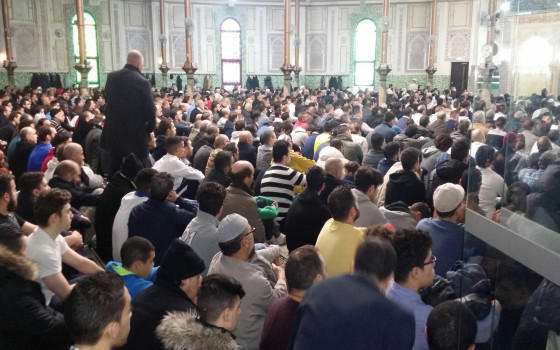
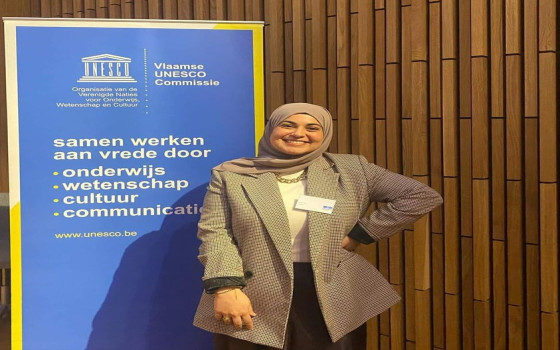

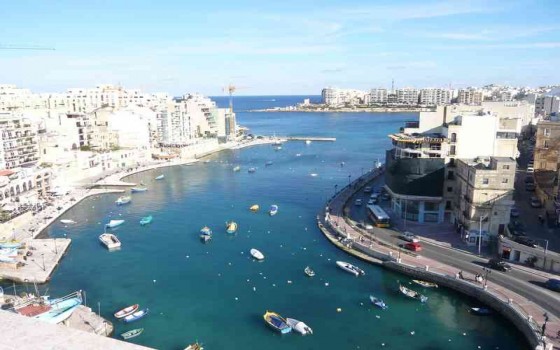




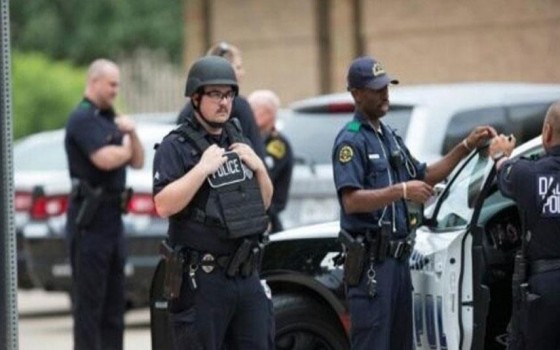
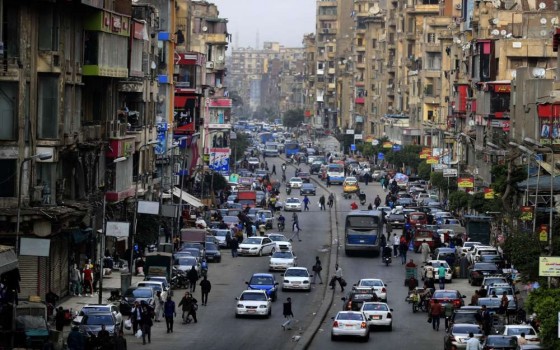
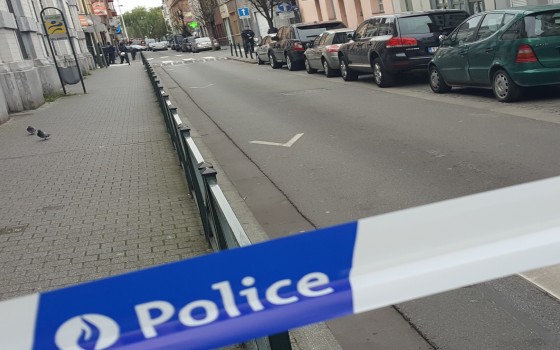

No Comments Found